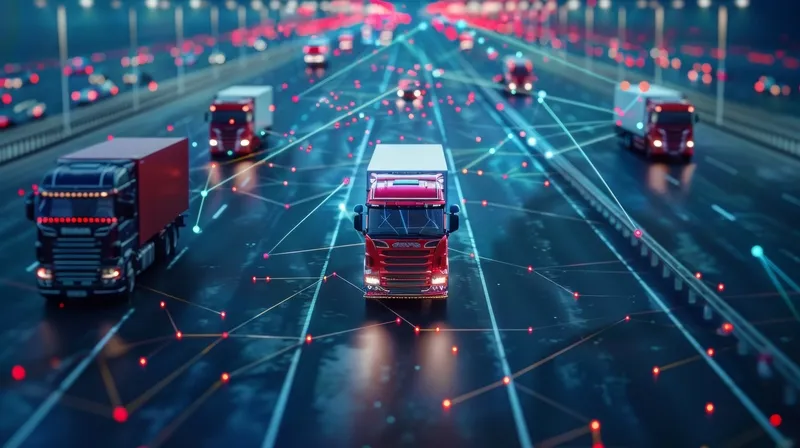Denso and Toyota Tsusho (TT) have joined forces in Thailand to process vehicle location and travel data in real-time from around 130,000 commercial vehicles using D-Wave Systems' quantum computer to process data from a traffic IoT platform. The test aims to advance research and development on technology for connected vehicles and transportation systems.
December 19, 2017
Read time: 1 min
Denso and 1686 Toyota Tsusho (TT) have joined forces in Thailand to process vehicle location and travel data in real-time from around 130,000 commercial vehicles using D-Wave Systems' quantum computer to process data from a traffic IoT platform. The test aims to advance research and development on technology for connected vehicles and transportation systems.
Both companies will also implement quantum computer-based data analysis and processing technologies from TSquare (TS). Denso’s new algorithm will then process and analyse quantum computer-based data, and TT will integrate it into a new application on the TS platform. Findings will help guide to make development to make transportation more efficient in areas such as traffic congestion and route optimization for emergency vehicles.
Quantum computers are designed with the intention of performing calculations to find a large number of combinations simultaneously and are said to analyse certain data faster than conventional computers.









